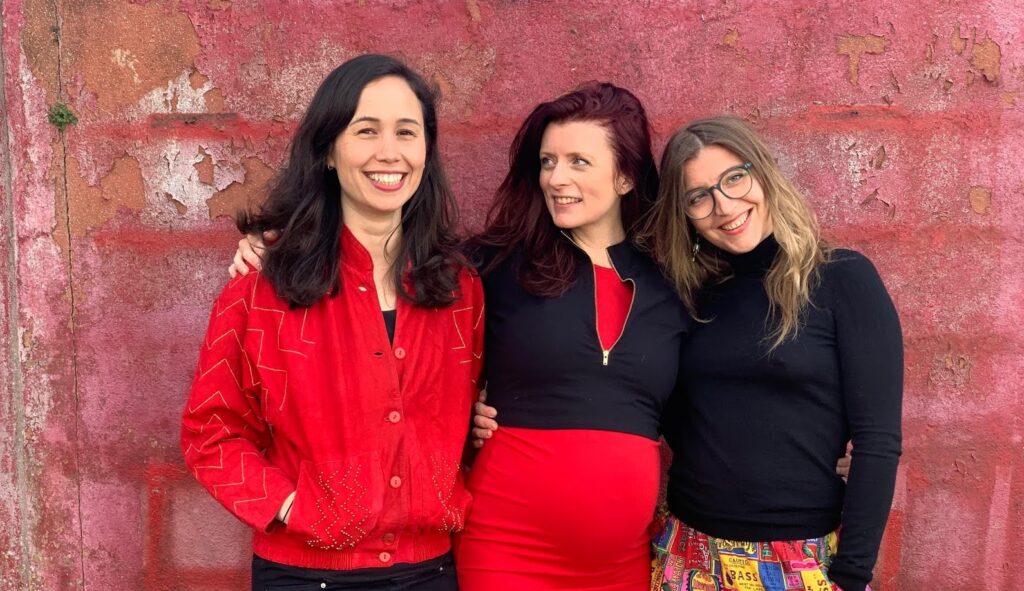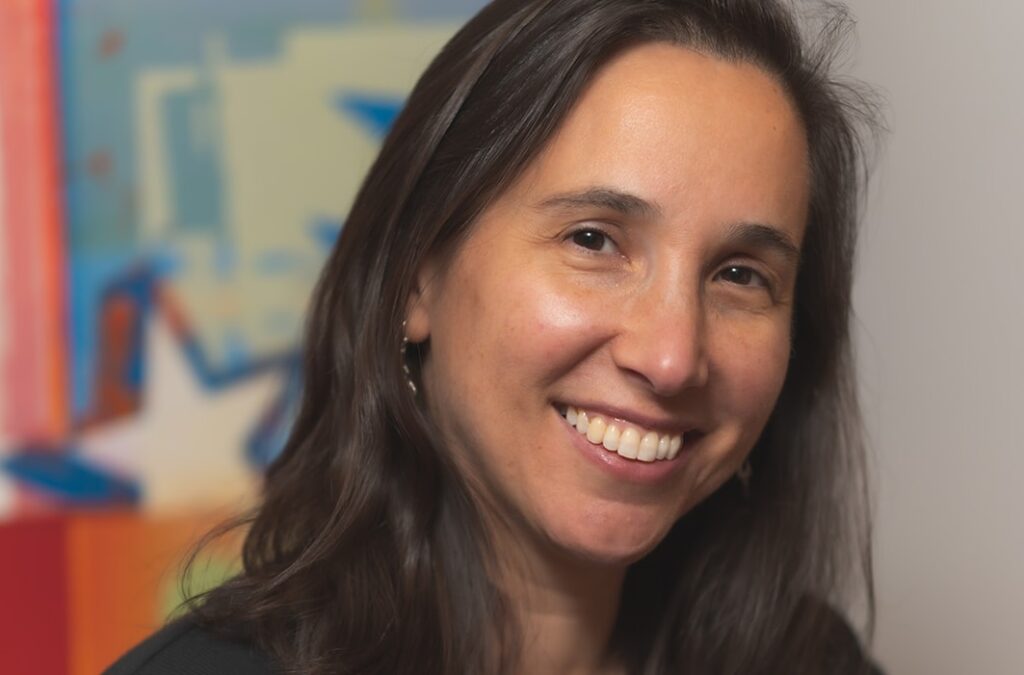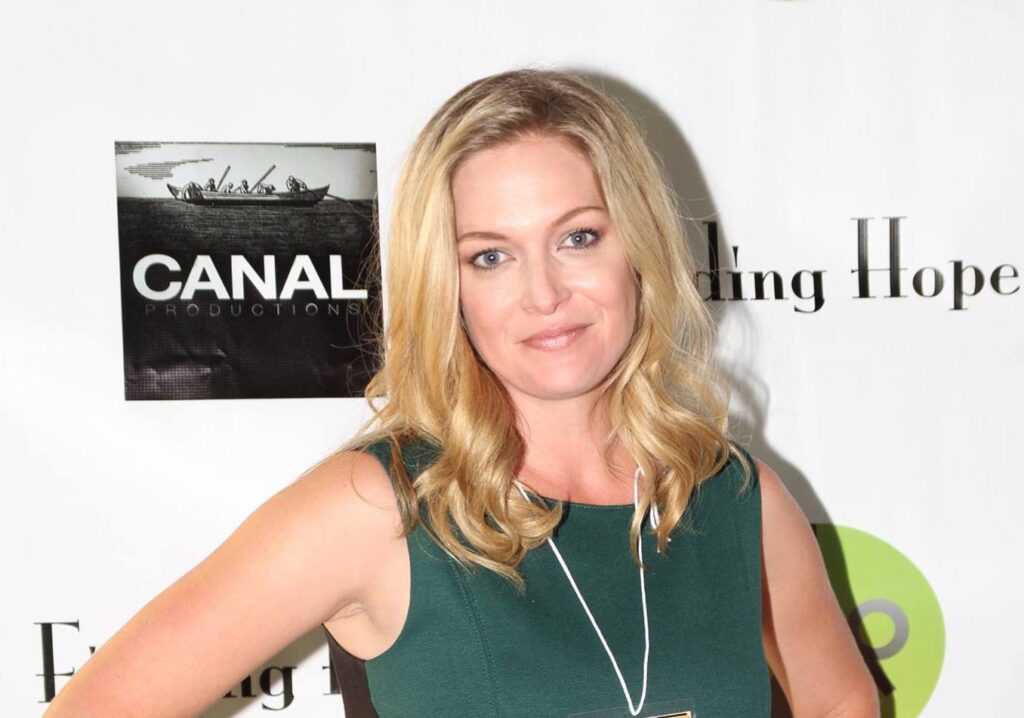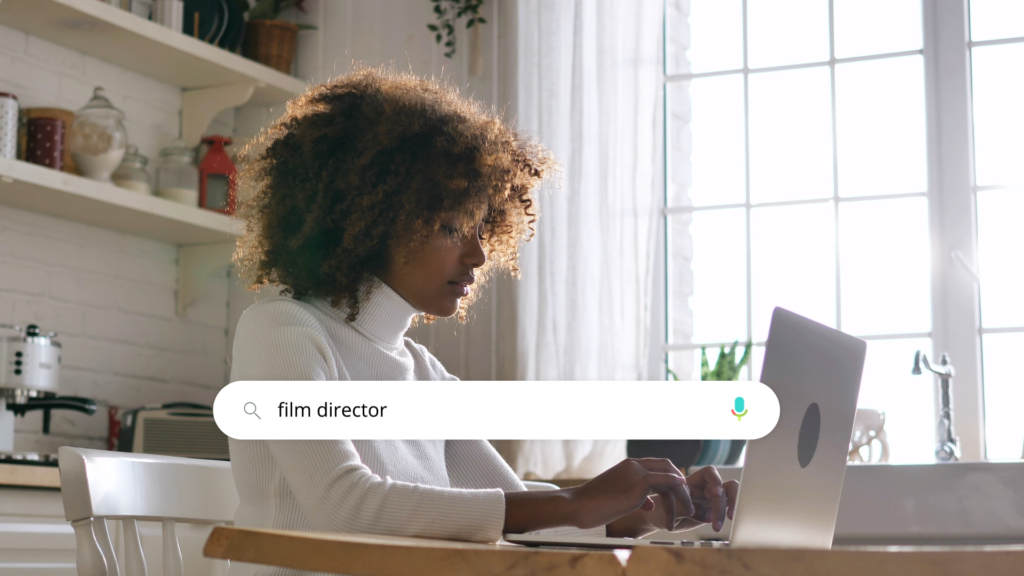Guest Post by Sasha Joelle Achilli
I was 24 when I started working in the TV documentary film world. I never thought that one day I would have the opportunity to make a living from traveling the globe to tell stories. From intern to producer, the work took me for weeks and months to places like Libya, Kenya, Sierra Leone, Liberia, Nigeria, Singapore, and Pakistan. It really was my dream job — I felt my life and career was better than anything I had imagined.
I also had the privilege to work with some of the best TV documentary film directors in the British landscape — who were, for the most part, men in their late 30s and 40s, who were also mostly white. These incredible filmmakers taught me everything I needed to know about journalism and story-telling, from the ethics and the technical aspects to survival mechanisms and filmmaking craftsmanship.
The learning curve was steep and I felt like one of the luckiest women in the industry. However, there was one thing that I wasn’t taught: how to become a mother and be a filmmaker at the same time. I noticed that the directors I worked with were able to leave their families at home during prolonged filming periods in the field, which were immediately followed by intense and tight editing schedules that often had us working 18-hour days. I started to wonder why I hadn’t come across female directors who had the same level of flexibility. Most of the older women I knew were no longer directors themselves, and had opted for desk jobs instead – as production managers or executives, for example. I wondered if that had something to do with their decision to become mums. It was unclear to me how it would be possible to have children and keep up with the demands of the profession without completely neglecting the demands that come with motherhood.
So in my late 20s, I decided that it would just be easier if I excluded motherhood from my future. Why would I risk the ideal job and life to have children? My sister had just had her first child and I thought that that would suffice. I would become the best aunty in the world and continue to pursue my career as an international current affairs filmmaker.
I was going through this journey as my friendship with fellow female filmmakers Poppy Edwards and Charly Wai Feldman grew. We were all asking ourselves the same questions and had unanimously decided that motherhood and the professional lives we were living and loving were incompatible. That conflict started to truly weigh on us in our 30s as we met partners with whom we wanted to build a family.
In the past couple of years, the discourse around female representation in the industry has evolved. Luckily, I have come across other women who have managed to have children alongside directing films. I’m also encouraged by the new conversations in the wake of Black Lives Matter around diversity and inclusivity in the industry – but there is still a long way to go.
When the COVID-19 pandemic took hold of the world in March 2020, I travelled to Italy for a month to make the now-BAFTA-nominated film “Italy’s Frontline: A Doctor’s Diary” for PBS Frontline and the BBC. I followed Accident & Emergency doctor Francesca Mangiatordi, who was working in a hospital in the epicenter of the outbreak in Italy.
Spending time with Francesca, her family, and her team was a personal turning point for me, as I’m sure the pandemic has been life-altering for so many. I began to ask myself what the future would hold and what was important for me in the bigger picture of life – and children were at the forefront of mind. I never thought I would have the courage to follow through with such a big life decision.
My mentors in the industry have been very encouraging, and coincidentally my two friends and fellow filmmakers Poppy and Charly are also pregnant, due the same year as me. We were three women who were ready to strike off motherhood for our careers, so it’s a big deal.
The fear of what the future will hold for my career is still very much alive. Charly, Poppy, and I were all apprehensive to tell our employers that we were pregnant. This seemingly irrational fear among others helped kickstart an important conversation about the future of our careers. We started to brainstorm ideas and ways in which we could continue to make films and become mothers.
Miss Guided Films was born out of love for storytelling and the bond we have with each other as friends and filmmakers. Our aim is to support each other in continuing to produce and direct as well as navigate the demands that come from starting a family. We want to create a collaborative safe space for parents in documentary filmmaking, where schedules and budgets cater to the needs of family life. Furthermore, we hope that Miss Guided Films will become a home for underrepresented voices and emerging talent. Since setting up the company we have been heartened by the response we’ve received from both women and men in the industry, who have told us that they now feel empowered by how outspoken and honest we have been about our own pregnancies as filmmakers.
We now know it’s possible for documentary filmmaker mothers to succeed — and win awards. But the documentary industry as we know it now still has a lot of room to grow to help women directors thrive. Our aim is to lead by example and show other women – younger and older — that’s it’s possible to have it all, if you want it.
Sasha Joelle Achilli is a BAFTA, Emmy, and DuPont award-winning documentary filmmaker, and has spent her career getting at the heart of difficult stories in some of the most remote parts of Africa and the Middle East. Her credits include “Outbreak,” “Terror at the Mall,” and “Nigeria’s Stolen Daughters: Kidnapped by Boko Haram.” Most recently, Achilli filmed, produced, and directed the BAFTA-nominated BBC/PBS doc “Italy’s Frontline: A Doctor’s Diary.”







